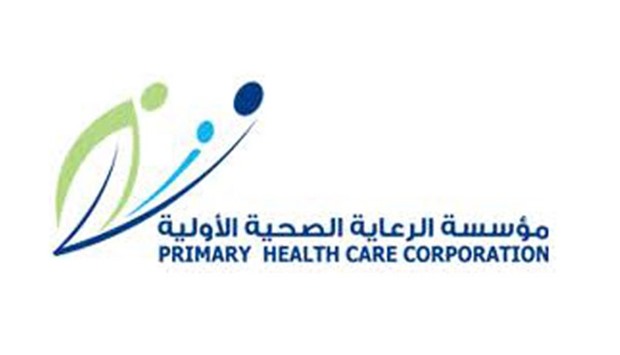“Tension increases the incidence of headaches by causing muscle contraction and pain around the head and neck,” explained Dr Ahmed Mustafa, a family doctor at the PHCC.
He advised people suffering from this type of headache to try avoiding what can increase their anxiety during Ramadan; relaxation techniques, congregational prayer, and sleep often prevent being subjected to headaches. One should also avoid direct sun exposure and relieve any muscle tension with a simple massage.
Similarly, diabetic patients, suffering from the same discomforts, should also see their doctors to re-adjust their medicinal doses and calibrate their diets, advised the physician. Anaemic patients suffering from iron deficiency will experience headaches due to the decreased amount of haemoglobin which leads to limited amounts of oxygen reaching the organs and the brain.
According to Dr Mustafa, spending long hours in front of television screens causes disruption in the sleep schedules of fasting people, which adversely affects body and brain comfort and results in severe fatigue of the eyes and body, accompanied by severe headaches.
Dr Mustafa also explained that withdrawal of stimuli such as tea, coffee, or Nescafe, during the fasting period causes headaches. Stopping suddenly these daily habits reduces caffeine level in the blood and therefore people suffer from lack of concentration and headaches as a form of withdrawal from such addictive substances.
Another common cause of headache during Ramadan is the lack of blood sugar concentration, continued Dr Mustafa. It reaches its peak in the final hours of fasting, because brain cells need glucose. It is recommended to eat three dates at the start of Iftar to provide the needed sugar to the brain and avoid discomfort.
Dr Mustafa noted that headaches can also appear after Iftar as a result of exhaustion of the digestive system and it can be avoided by eating moderately. People tend to eat large quantities of food, which causes more blood to pump through the digestive system, thereby considerably reducing the blood allocated to the brain, and thus less oxygen and glucose which ultimately results in headaches.
“Patients suffering from hypertension will experience headaches as a result of not taking their medicine properly, therefore a visit to the doctor is recommended to calibrate the dosage of medicine and prescribe a preferred dietary plan. For example, salty and fatty meals such as pickles, cheese, olives, nuts and fried foods are to be avoided as they cause extreme thirst during the day and may lead to poor digestion,” he added.

phcc
The Primary Health Care Corporation (PHCC) has provided several tips to avoid headaches during Ramadan. A variety of factors including thirst, low blood sugar, lack of sleep, tension, caffeine addiction, smoking and gastrointestinal exhaustion could trigger headaches during the fasting month.
